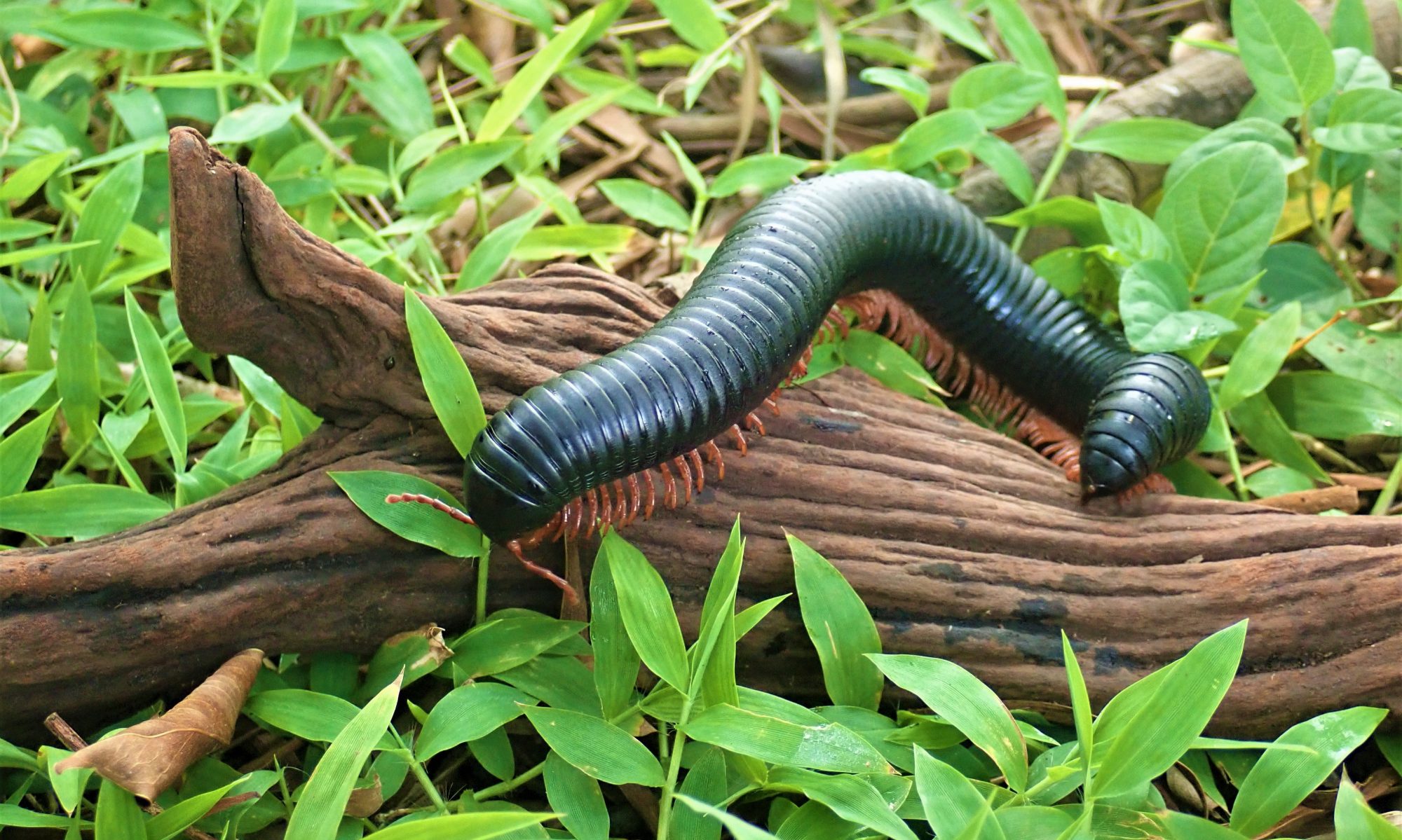Polymerase chain reaction is molecular biotechnology that uses to increase the specific DNA fragment.
Polymerase chain reaction relies on the thermal cycle which mimics the way of DNA replication, producing a huge amount of DNA fragment. 1 DNA, through PCR, can produce million or billion copies of DNA.
Required materials:
(1) Taq polymerase: An enzyme which initiates the process of DNA replication with the strong ability to stand the high temperature in PCR.
(2) DNA primer: Composed with few to 10 bases of nucleotides for binding to the DNA site, acting as the starting point of DNA replication. Primer is working in pair, forward primer and reverse primer.
(3) Deoxynucleotide triphosphate (dNTP): Act as the free nucleotides in DNA replication.
(4) Buffer solution: Provide suitable environment for optimal stability and activity for Taq polymerase.
Procedure and Principle:
(1) Add water, buffer solution, primer, Taq polymerase and DNA into a PCR tube.
(2) PCR machine repeats the temperature cycle for 25 – 35 times. There are 3 temperatures in 1 cycle: 96°C, 55-65°C and 72°C respectively.
(3) 96°C denaturation: this high temperature causes the double strains DNA to separate which enables the free nucleotide to attach.
(4) 55-65°C primer annealing: this temperature enables the primer to attach to the DNA as a site of a starting point.
(5) 72°C extension: Deoxynucleotide triphosphate (dNTP) acts as free nucleotide, with the principle of complementary base pairing, attaching on the DNA.
(6) By repeating (3)-(5), one single DNA becomes 2, 2 become 4, 4 come 8. After 35 cycles, 34359738368 copies of DNA can be obtained.
Basic Knowledge(1): DNA Structure and Nucleotide
Basic Knowledge(2): DNA Replication
Biotechnology(1): DNA Extraction
Biotechnology(2): Gel Electrophoresis
Species Identification

